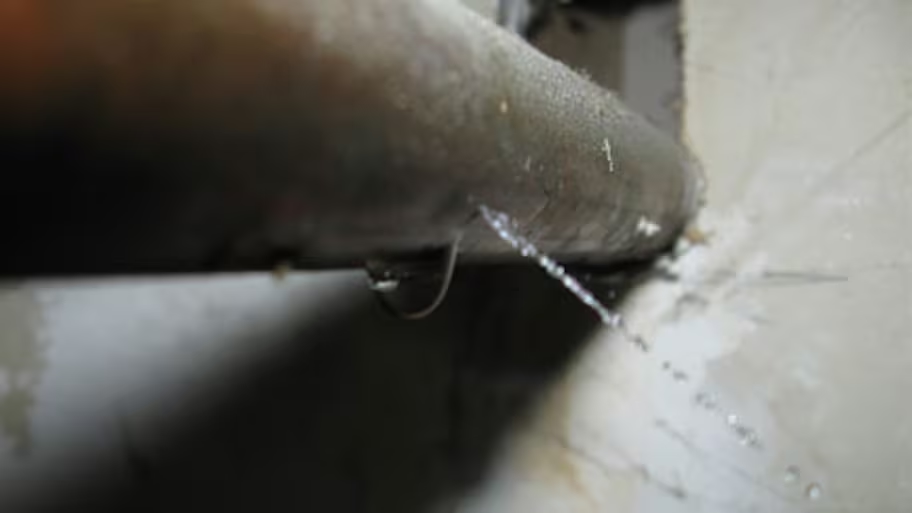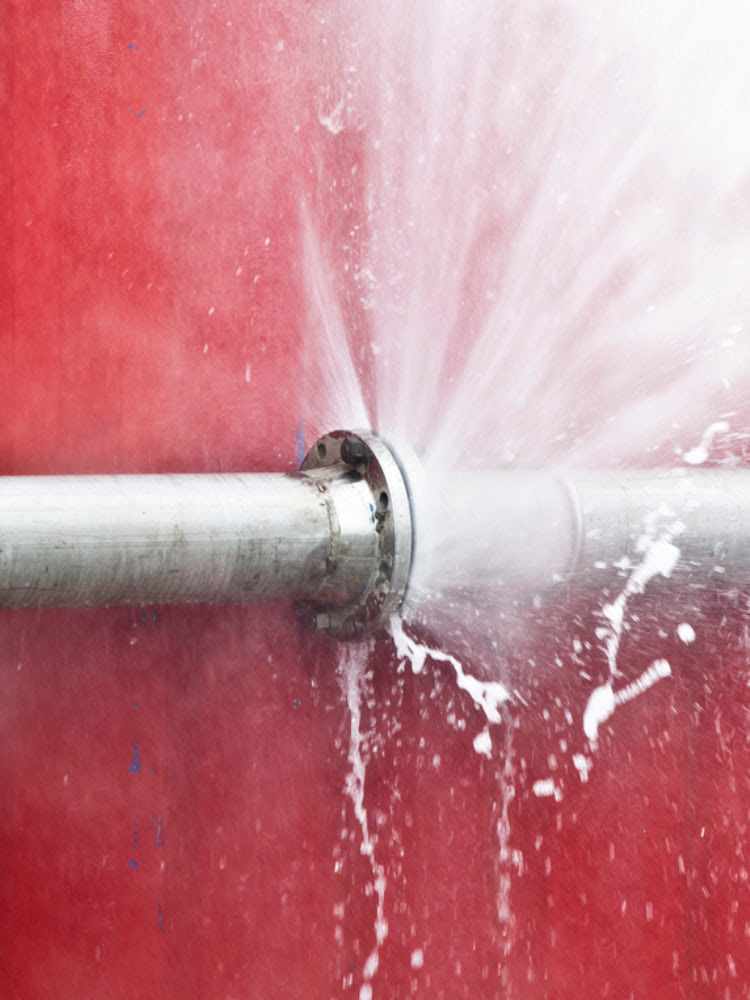Learn About Common Factors Leading To Water Leak Issues Within Your Residence
Learn About Common Factors Leading To Water Leak Issues Within Your Residence
Blog Article
What're your thoughts concerning How to detect water leaks in your home?

Leakages not just trigger waste of water but can also cause unnecessary damage to your home and advertise undesirable natural development. By comprehending as well as looking for day-to-day scenarios that trigger leakages, you can secure your home from future leakages and unneeded damage.
Immediate temperature level adjustments.
Severe temperature changes in our pipelines can trigger them to expand and contract unexpectedly. This development and tightening might create splits in the pipelines, specifically if the temperature are below cold.
Corroded water supply
As time goes by, your plumbing system ages and rust such as corrosion might start gnawing the pipelines. This might be the reason for discoloration or bending on your water pipes. This asks for an examination with your plumber promptly. If our plumbing system is old, take into consideration replacing the pipelines considering that they go to a higher threat of rust than the more recent versions.
Defective Pipeline Joints
The point at which your pipes link is frequently the weakest web link in the waterline. Pipe joints can weaken in time, resulting in water leaks. The bulk of pipe joints are not easily noticeable. If you have loud pipelines that make ticking or banging sounds, particularly when the hot water is activated, your pipe joints are probably under a great deal of stress. It is suggested to have your plumber inspect your system once a year.
Trespassing origins
Most water leakages begin outside the home rather than inside it. You could see damp patches or sinkholes in your backyard, as well as that could mean that tree origins are attacking water lines creating water to permeate out.
Poor Water Connectors
At times, a leakage can be caused by loosened pipes as well as pipelines that provide your home appliances. In case of a water links leakage, you might see water running directly from the supply line or puddles around your devices.
Clogged Drains
Clogged drains might be aggravating and inconveniencing, but they can occasionally wind up causing an overflow resulting in break pipelines. Maintain eliminating any products that may go down your drains that could block them to prevent such troubles.
All the above are sources of leakages yet not all water leaks result from plumbing leaks; some leaks could come from roof covering leaks. All leakages ought to be repaired right away to stay clear of water damages.
Leakages not just create waste of water but can also trigger unneeded damages to your home and advertise unwanted organic growth. By recognizing and also looking for day-to-day circumstances that trigger leaks, you can shield your home from future leaks and unnecessary damage. Today, we will certainly look at six leakage creates that may be triggering your pipelines to drip.
At times, a leak can be created by loosened hoses and pipelines that supply your appliances. In situation of a water links leakage, you may observe water running straight from the supply line or pools around your appliances.
How To Check For Water Leak In Your Home
How To Check for Leaks
The average household's leaks can account for nearly 10,000 gallons of water wasted every year and ten percent of homes have leaks that waste 90 gallons or more per day. Common types of leaks found in the home are worn toilet flappers, dripping faucets, and other leaking valves. These types of leaks are often easy to fix, requiring only a few tools and hardware that can pay for themselves in water savings. Fixing easily corrected household water leaks can save homeowners about 10 percent on their water bills.
To check for leaks in your home, you first need to determine whether you're wasting water and then identify the source of the leak. Here are some tips for finding leaks:
Take a look at your water usage during a colder month, such as January or February. If a family of four exceeds 12,000 gallons per month, there are serious leaks.
Check your water meter before and after a two-hour period when no water is being used. If the meter changes at all, you probably have a leak.
Identify toilet leaks by placing a drop of food coloring in the toilet tank. If any color shows up in the bowl after 10 minutes, you have a leak. (Be sure to flush immediately after the experiment to avoid staining the tank.)
Examine faucet gaskets and pipe fittings for any water on the outside of the pipe to check for surface leaks.
Undetected water leaks can happen without the home or business owner even realizing. If you suspect a water leak, but not able to find the source. It is time to contact a professional water leak detection service, The Leak Doctor.
How To Find a Water Leak In Your Home
https://www.leakdoctor.com/blog/How-To-Check-For-Water-Leak-In-Your-Home_AE197.html

Do you appreciate reading up on How Fast Water Damage Can Ruin Your Home? Make feedback further down. We would be glad to see your ideas about this entry. In hopes that you visit us again in the future. Do you know someone else who is intrigued by the topic? Why not share it. Kudos for your time. Kindly check up our site back soon.
We've got you! Report this page